The SFFaudio Podcast #807 – The Game Of Rat And Dragon by Cordwainer Smith (read by Tony Addison, 38 minutes) AND The Dragon-Queen Of Jupiter by Leigh Brackett (read by Edmund Bloxam, 40 minutes). These are complete and unabridged readings of the stories (1 hour 18 minutes) followed by a discussion of them. Participants in the discussion include Jesse, Will Emmons, Terence Blake, and Jonathan Weichsel
Talked about on today’s show:
Cordwainer Smith, Leigh Brackett, after Terence, before Terence, because the guy said it, which of these stories is worse than the other, one respect, more like the cinematic idea of science fiction, resolving the problems, back into the mainline of written science fiction, The Martian, engineering, conceptual all the time, higher level science fiction, it’s fantasy, engineering concepts, most of good science fiction takes place in the head, both definitions are current, a pretty picture, visually very interesting, characterization, near the worst, interesting psychological ideas, psychic cats see it as a rat, interesting setup, Instrumentalities, dystopia, neither was satisfying, formulaic and sad, sophistry, the French Foreign Legion on Jupiter, none of us using our right names, dismissed said Captain Smith, the story of the foreign legion, Alamo, Tex is in there, the first narrator, anxious about making choices, a LibriVox guy, Gregg Margarite, Phil Chenevert, Edmund Blocksam and Tony Addison, special effort, gives everybody an accent, most of them are from Venus or Mars, the Martian guys have a canal accent, extra effort, his correct interpretation of the text, that’s the French Foreign Legion, a 5 year stint, they give you ID, some French guys in there, mercenaries from other countries, safeharbour, practically a swipe from an adventure magazine, the Berber princess is a Jupiterian Queen, a fort they gotta defend from the Mexicans, every French foreign legion story, the Tex connection there, the North West frontier trope, red serge, driving a dog team, magazines like Adventure and Argosy, just French Foreign legion stories?, many movies of it too, a recent Netflix movie, [Siege of Jadotville], pyrrhic victory, a very sophisticated technique, but what did he say?, die for colonization, this is a really bad story, set on exotic planet, also titled Dragon Queen of Venus, isfdb.org, list of the changes, the Planet Stories version, Tex stirred uneasily, the heavily Jupiterian fog, the Venusian fog, Jupiter is a virgin planet, Venus is a virgin planet, 1941 Jupiter is a gas giant, not good at astronomy, a titillating queen of Jupiter/Venus, Earth and Mars are running out of food, lebensraum, lamest fucking excuse, Fort Washington, she’s bad at what she’s doing, the description of the lady on the dragon, she identifies with the native people, the heroes are the colonizers, kinda jerks, wins by luck, this thing with rust, taken with the images, we don’t get to know anything about the Dragon Queen Of Jupiter, maybe these horrible colonizers will be so entranced they’ll go over to this side, Jesse, why are you so stupid, there’s no time left for that, it just can’t happen here, wasn’t up to it, badly constructed, sometimes the oafs win, Alpha Centauri Or Die!, a fixup, native chick, there are these outposts, such a fuckin obvious lie, the reason we’re here colonizing Jupiter, the Indians on earth, kinda terrible, slow low pitch pablum, glimpse of a pretty girl on a dragon, hashtag sad, make the colonizers grotesque, sitting in a pot being boiled alive, something to this story, two reasons why this story sucks, ideology of this story is interesting, civilize these people by killing them, manifest destiny in space, a cultural document worth examining, mainstream American ideology 1941, really bad science fiction, the thing with the water coming out of your body, stupid, we can see that science fiction can be bad, saves this story, what’s extraordinary about it is that it’s a genre mismatch, some detachment, the government mandate of Mars/Earth, countries team up to extract from other countries, not self-reflective, there’s no pushback to the narrative, Hertford’s Jungles Of Jupiter, Alice In Wonderland, swamplands [of jupiter], animalcules, absorb all water vapour, dormant during the rainy season, attempting an ecosystem to explain dragons, a shoehorned idea, elsewhere as well, Spain has a foreign legion, an interesting but bad story, allowed, Jesse’s right again, a movie called The 7th Dawn (1964), the documentary on Cordwainer Smith, hagiographic, designed to serve a political agenda, a we love Cordwainer Smith movie, looking thin, his service during the Malayan Emergency, how many other movies are set during the Malayan Emergency, had they called it a war the insurance companies wouldn’t pay, rubber plantation guys are running Malaysia, WWII is over please fuck off, the British and Australians and Cordwainer Smith all get around and fucking around and finding out, heads cut off, text chat, The Rediscovery, local Malaysian girl, political satire, from a movie poster, this horror must end, holding human heads and hands, a very strange duck and a very strange bird, what if this!?, psychic powers, telepathy, Bester has a good book on it, John W. Campbell bullshit, ruminating on the relationships between humans and their partners, cats, everything is symbolic, what are the dragons, what are the cats?, they’re women, not even submerged, seas of rotting fish, different relationships with different cats, this entity out there, the enemy of people and cats, cats view rats as an enemy, viewing the enemy as a predator vs viewing the enemy as a prey, totally political, do some comparisons, why is he such a weird animal, another CIA person, ideas about womens’ place in the world, The Screwfly Solution, mens’ place in the world and vice versa, Houston, Houston, Do You Read?, all about here, all about him, Tolkien’s all about Tolkien, cats, cats, the cat element, I can see why Will is attracted to Cordwainer Smith, he had 11 cats, telling himself, what he’s doing for a living, one of the incidents, help surrendering Chinese soldiers not be killed, a very nice story, what did he do during the Malaysian emergency, working for the bad guys, how much he loved the Chinese people, the tragedy, the word genocide, the Great Leap Forward, little tidbit, deep in his bones, his opposition to communism, without suffering in the world humans can’t strive, socialism will remove suffering, suffered a lot of physical trauma, the eye, always being sick, pull out his glass eye to punctuate his lectures, take Heinlein, Tolkien, science fiction in space, but not so much about science fiction as it is about human possibility, a sensitive writer who write about people and their ways, personal in so many ways, a European dragon, a Chinese dragons, in European mythology, they’re evil kings, they’re hoarders, dragons/rats have a monopoly on space, Orson Scott Card, a pocket version of Edner’s Game, certain cats in your house are telepathic, destroyed at will, dreams infected, understanding this very strange man, “my boat of institutions are bullying to only one side” a key to understand, soaked in that story, when does Ender’s Game exist as a book, why do people like it?, Starship Troopers exists, any adult person and what they’re response to war is, humans have been making a kind of mistake, what is your relationship to war?, turns it inward, personal experience of war rather than the philosophical relationship to war, how we ought to relate to the state, why I support the Vietnam War, Tolkien’s response to WWI, trynna dunk on me, guy thinks there are no good kinds, Aragorn, a guy who was a king who didn’t do a lot of bad stuff, the Romanoffs were really nice to their children, Cordwainer Smith liked his cats, Hitler had a dog, he liked his dog, Psychological Warfare, rationalize it to “I’m helping”, Sun Yat-sen, revered by nationalist and the communists, riven with European and American exploiters, Korea, there’s a genocide, that war of foreign aggression, seems small scale, that’s sophistry, propaganda is often sophistry, tricking, a fantasy of escape like Tolkien, but done via a mode of Starship Troopers, this guy was a freak who liked cats, Heinlein vibes, little girl and middle aged man, fighting in subspace, light explosions, everything is symbolic, the psyche, experience as a spook, Tolkien was in WWI, it isn’t “no more kings”, it’s retreat into the fantasy, an apolitical response to a political situation, political quietism, why Tolkien didn’t like Dune, what makes the Harkonnens bad is they’re too hasty, the Atredies are wise and kindly masters who wage Jihad, we can do better than this by leaving earth and going to a secondary world, Dungeons & Dragons wheelchairs, they had wheelchairs back in medieval times, why wouldn’t they use magic to cure disabilities, what’s fictional, what’s real, famous Leigh Brackett story about green aliens driving a car in the South, giving them, what’s the C word?, about humanity, that’s what Star Trek does really well, you know what it’s about, why Cordwainer Smith is never going to be a mainstream guy, making Paul the good guy at the end of Dune 2, liking Paul as a hero, Paul mopes around, who is Zendaya, Chani, how the Japanese get Cordwainer Smith, the anime where the cats are doing Game Of Rat And Dragon, they also like E.E. Doc Smith, one novel, The Skylark Of Space, a good series, space opera, whenever Scotty has a problem on the Enterprise he’s channelling, character continuation from book to book, they age approrpriately from book to book, what a series should do, inventing tech on the fly during space battles, Scotty’s role on Star Trek, finds a way to break the laws of physics, make this shit go lightspeed, slaps it on the dashboard, Lazarus Long, Time Enough For Love, Heinlein doing Doc Smith, unless Akira Kurosawa it is impenetrable, doing it in a science fiction setting, cats are a dead end, can’t have babies with the cat, can’t relate to women, quick beyond all dreams of speed, undemanding, women demand things, where can you find a woman or a man or a friend, compatible with you at the animal level, culture, a bit like the woman nurse at the end, big and strong and beautiful and proud, stroke a cat, it’ll let you know, sidle up to your wife, put my slippers on to sidle up silently, literally talking about cats, almost 55 years ago, can’t quite remember what’s in this, magical in Cordwainer Smith’s style, sharp scientific concepts, everything, perspectivism, the fans are slans theorem, the cats are part of the escape, it’s a dead end and not true, Lord Of The Rings is a dead end, Christians on the internet, Theoden the steward, wants to throw himself on the fire, Christian symbology in there, life lessons, a beautiful fantasy, a quote attributed to Robert E. Howard, ‘one day you people will hope for a man with a sword’, circumspect, a piece of art, he shows you it’s a dead end, the horror of loving something you can never possesses, love is a dead end, you can’t find that with other humans, animalicules, sveltness, can’t find it in a woman, castrating nobodies, a woman with a strong personality, willing to go into rut and the right time, speed and grace and whatever alogical components of emotion that can be honoured, people who don’t understand him, the intensity of the war, the battle, like a computer game, in the title, a haunting title, divided up, turned everything into game theory, a piece of art, not his last word, green and purple, and counted ships, pinlighting, I’m cranching right now, Tolkien and Herbert, the thumb for the Andromeda, the ring finger, the thumb of the other hand, lost as people realized, planoforming, flatted yourself down into two dimensions, like nothing much, a sore tooth, a painful flash of light around the eyes, sitting in the Fighting Room, ticking around inside his head, for a second or a year, loose in the up and out, pimples on his telepathic mind, somewhere in this outer space, Man had never encountered, the light of the suns, drawing on Lovecraft, a lot of physical pain always, why?, a guy who physically felt a lot of pain, pleasure in ideas, pleasure in cats, what is he escaping from?, a bad man, a bad lady, working for the bad people, making art, the culture of the CIA in the mid20th century, culturally very liberal, Jackson Pollock, they know they were wrong, art by escaping, rock music, I like it, Laurel Canyon and creep around there, that’s bad, to serve an agenda is bad, woke up in the morning and told themselves they were good, the beautiful art they were making, Tiptree, Jr., Philip K. Dick was very bad, reported them secretly to the FBI, the way H.P. Lovecraft was bad, the life of someone to their creation, you could imagine in his psyche, inside him from a very young age, and lots of other things, a concrete application, that’s the bad step, so called good, not automatically tainted, can work in either direction, we write what we know, we know things that we’ve never experienced, from previous lives, me from a long time ago, something he knows, mediates that through his experiences, mostly reading, travels to places, does things, writes what he knows, does it symbolically, he does know what war is, saw how bad it was, when Leigh Brackett writes about the French Foreign legion, dressing up in a costume, wearing a sword, from a result, a different plane of existence, he was in the game, so symbolic, disagreed with American idea, disagree with the American ideas, eventually disagree with it, what do makes you a bad person, not what you think, the means are bad, justifies, any other reckoning, if we’re trying to figure out why Cordwainer Smith was acting like a CIA man, an American who can help people, the same job, probably not getting paid for it in the normal fashion, agent for government, why it’s called the emergency rather than a war, its about finance, working for United Fruit, stockholders back in America, rubber plantation owners, why those heads are gettiing cut off, we gotta extract because we want our money, twists himself into knots, become enlighten, savages civilized, a lady who’s not as sophisticated, fun but it aint got any intellectual heft, much more like Frank Herbert than E.E. Doc Smith, the Lovecraft comparison, Space Lords, very dreamy, very weird, fascinating, nothing that’s hidden, he’s not explaining anything, her most vivid one, nothing but depth, nothing on the service, both have the word dragon in the title, relationships with women, what?!, more thoughts about that, written by a woman, the woman dragon queen as this sort of ideal of beauty and savage beauty on a pedestal, but she loses to the oafs, a ruse instead of her wild power, married twice, especially his second wife, the women that are shown are silly, sterotypes, they don’t understand that he’s risking his life, the cat is sort of what a real woman would be, so heavily symbolic it’s made unattainable, hence he needs to write more to get there, The Ballad Of Lost C’Mell, strawman a woman?, mythology and classical stories, Joan of Arc, what is this based on where does this come from, with regard to this one, you get in an airplane, a frail guy with a lot of pains, you travel, you pet your cat and then you do your business, ruminating on this, two people take a bus trip, focused vs. unfocused experience, four people do a podcast together, the words are recorded, no way to get inside the experience, capital I idea, say it a different way, the American Hypothesis, the ideology, the other hyponthesis beside it, sometimes you’re a cat, transitional space between me and my interlocutors, a fuzz and a blur, not even an I either, the neuralink patient to write a tweet, read books through neuralink, absorb books, possible, just another input output, getting by appeal or electric shock, absorb it linearly, captial S for solar system, they don’t hit punctuation, I read a book, you can’t see the font therefore you’re not reading it, might not be listening, reading is an active activity, hooked up to computer at a recieving end, how do you compose a tweet, go back and fix, different kind of fixes, always not capitalize i-s or beginning of sentences, fix mistakes, a little trick, leave of the e in the, what does reading meaning, somehow through their brain, in science fiction, brain uploads, The Matrix, I know how to do kung-fu, upload dreams, sell dreams, experiencing it linearly, two different, try to recite the plot of any particular doctor who serial, The Brain Of Morbius, that’s not writing not reading, remembering and reading it are not the same think, We Can Remember It For You Wholesale?, conflating memory and experience, replacing pages in my old paperback, don’t grok them, not the way you learn anything, you don’t own that word, get it into your brain in multiple ways, you don’t remember how to ski you learn how to see, reading with your fingers, using braille, hard to figure out what it actually is, before there was punctuation people were telling each other stories, the primary way people, every word has every meaning it sounds like, bad good guy, good good guy, Jorge Luis Borges, how great English is, such amazing vocab, Spanish is very simple, not as rich in poetry, a man who did his own translations, with an English in mind, he knew English really well, the best translation, pay too much money to renew the translation, Death And The Compass, The Zahir, The Rejected Sorcerer, The Babylonian Lottery, Funes The Memorious, amazing what we can find, he wrote a Lovecraft story, There Are More Things, The Book Of Sand, equally monstrous house, published in 1975, as an insult somehow, a work of hack or pulp, pulp art can be beautiful, what she’s done here is bad, him doing his own thing, a mode of science fiction, he’s very different, Philip K. Dick is more mainstream, a run of PKD movies, they took the concept, very different from the novel, Hollywood, doing a genocide over there, shitliberal mindset everywhere, take the best I can out of documentaries, distracted, they thought it did, casual racism, in this day and age?, people are best understood in their time, the CCP, multiple genocide, aka the government of have, they clearly have, where have they committed the genocide, show me the videos, look up Nakba, i did but there’s conflicting reports, not a handwritten bill, a paid for poster behind glass, you can see them on twitter, children burned alive, parents holding dead children, show me that video for anything that’s going on in eastern China, they have phones in China, some trumped up terrorism, aka CIA, knife attacks, pits full of dead people, a cultural genocide, didn’t we do that in north america, that’s not happening and it didn’t happen, uyghurs, search it up, it’s not like it’s hidden, is there video, buried with bulldozers, the people who are pushing that, anti-Chinese government, Epoch Times, falungong newspaper, a very good paper for news that’s not related to China, the exiled billionaire Chinese guy, one accusation at a time, important for Paul Linebarger, kick out the emperor, a patriotic thing, Sun Yat-Sen classical Chinese garden, a public park, stickers everywhere, lampposts, Israel doesn’t occupy Gaza, condo’s movie theater, that makes it true, an authentic thing, astroturf, when the Ukraine signs were up, wealthy people’s lawns, B.C. Ferries, establishment stuff, Canada’s sending weapons to Israel, Canada does what the States wants, a stern talking to, that’s what happened with the Truckers, threatening the American economy too, come to the table, sad an pathetic, Time Is The Simplest Time, another dragon, Midnight Pulp, very interesting, total propaganda, they did a Lord Of The Rings, The Tale Of Tsar Saltan (1967), the more political one, Ilya Muromets aka The Sword And The Dragon (1956), defending Kiev, Jesse loves the idea that Russia owns Kiev?, cinemascope, brown skinned people, both live action, romantic fairytale type, Camelot stories, knights, epic, technicolor romantic, Ivanhoe, the 1939 Robin Hood, Ray Harryhausen fantasy, a different culture, the propaganda in both of those, very nationalistic, regional, satellite states, tell that to Stalin (a Georgian), after the time of Stalin, Khrushchev, he’s not that good a guy as a king, he’s a Welsh king, any [Andrei] Tarkovsky, big Hollywood movies, Spartacus, the Michael Bay movies, the Navy and the Marines, the Army puts them in there, the Chinese military, hardware, helicopters and airplanes and trucks and ships, Come And See (1985), a stock character, courtly stories, Chinese knight stories, marshall stories, so young, also haven’t watch a lot of movies, Bylina and Bogatyr, Will do you love movies?, the tiktok generation, movies? that’s not really a thing, not liking tv shows, microphone being weird, who even watches tv?, movies can be art, something else, you actively participate in movies, this is a presentation, a new film, like we treat plays, mostly we don’t do anything about them, what is this, Shakespeare, community theater is for actors and family members, youngness, films are important, a medium you can see amazing things, there are some great films, a treat for you, a period where they’re obsessed with one thing, that’s the autism, girl in her early twenties, every single episode of Bewitched, Bell, Book And Candle (1985), Jimmy Stewart and Kim Novak, wait til he finds out Dr. Dre got his doctorate, everybody is dunking on him, not very creative then are they?, this sample came from here, this is called art, plagiarism, when they delete their tweets your jokes don’t have context, sheesh, looking for attention, he’s thirsty, didn’t do any original research, there was lawsuits about this decades ago, everything’s a remix, not new cultural idea, there’s no problem at all in putting together this comparison, we’re talking about it, the best way to get the write answer is to give the bad answer, Boyce Watkins, PhD – Wealth is Power, my friend Jonathan, the key to understanding propaganda, more like masturbatory purposes, is he gonna make a living from that?, he didn’t write all that much, Leigh Brackett is doing it for money, Black Amazon Of Mars, a richer text, individualist vs. settler colonialism, literally have settlers, Malaysia Emergency, money from these supervisors, control and extract from the land of Malaysia, Canada started off as the first kind, Hudson’s Bay Company and North West Company, for secondary extraction, on a planet that’s already been colonized, faceless fruit company on Earth, she’s not really there for that, she’s much better at it in Black Amazon Of Mars, hacky but not total hackwork, The Halfling, furries in it, this sounds good, a novelette from 1943, she likes both fortresses and citadels, rats are not predators, Chinese mythology, suss out the meaning, magazine author renewals, but the other narrator, and other stories, hard to get people to do novelettes, quite long, hard to appreciate stories, the story about the furries, Citadel Of Lost Ages, 1950, Thrilling Wonder Stories, Virgil Finlay Thrilling Wonder, a version sold on ebay, Hertiage Auctions, interestingly composed cut and paste, layered, as a colour artist, very distinctive black & whites, his line work, Darkness, nothing else, painful to thus aroused, the secret of an icebound cave that holds the key to the future, last week is a long time ago, Test-Tube Frankenstein, a race memory story, the Palisades, a good ending, very solid, listen to this, My name is Fenway, he told the voice, Central Park in the morning after the rain, I need a project, the one listener who’s listening right now, Hi!, where he lived at the end, big action scene, cliffs that overlook the Hudson, gruesome, weird menace, shudder, an extremely rare book, Fred Olen Ray, b movie director, Hugh B. Cave, 1994, just woke up, edit an anthology, self-published, Attack Of The 60 foot Centerfold (1995), Mike Vendetti things, People Of The Dark, Fafhard and Grey Mouser stories, Corpseless Coffin, Silverberg, William Sambrot, The Door by David H. Keller, short non-fiction, Ray Bradbury, Philip K. Dick, How Can You Be Reading This?, a bunch, 2 is a good number, When The Banshee Calls by Wayne Rogers, emdash, gruesome crypt, weird bizarre menace, on the one hand, more guys, let’s do one Wayne Rogers, one new guy, Will can take responsibility today, the scales are balancing, Ed Earl Repp was Jesse’s mistake, some sort of provenance, just so happened to show up on LibriVox, complementary to it, out in five parts, another banshee story, banshees are interesting, screaming ladies from Ireland, banshee related, a Cinemax show, gun violence and sex, Elliott O’Donnell, nonfiction, an essay, what’s the opposite of weird menace, you get to save the girl from a fate worth than death she will be generous with her body, what the lady looks like, Cat-Woman by Ray Cummings, the table of contents, the Starzl for that one, when Terence isn’t here to confirm, good to pair, pulling the rug out from under him, not about fault, proper behavior, not at all, Terence is quite delightful, always honest, you shouldn’t trust, easier to coordinate when people are here, Time Is The Simplest Thing is a novel, Attitude by Hal Clement, 2 or 3 hours, Spicy stories?, turning Mike onto Spicy, Spicy-Adventure Stories, 30 Seconds by Robert Leslie Bellem, the art is awesome, art continues, a dull squishy plop, unyielding asphalt, Dr. Zarkov, Count Zaroff, Planet Of The Apes?, The Most Dangerous Game, The Unveiling by Alfred I. Tooke, puny and weak undernourished the Bolsheviks didn’t kill him, disturbing art, a retelling of [Pickman’s Model] with a different focus, perfectly fine, too cliche, Ravenoff, russian names in early 20th century pulp literature, look how beautiful Jesse’s PDF is, all the words are bolded, Jesse is awesome at this, The Black Thing Walks, The Brazen Bull, the table of contents page, a ghoul, a bunch of judges, very funny, lingers on the things, danger and sex, parapet, a lady lying on a divan while men fight, stabbed between the boobies, a lady stabbed in a pillow near her bed, a little drunken when he parked the car, the sinister old cottage, a lot of whipping, this one has racism, you love racism, I love racism, get the black thing off our minds, whispered loved words, the tender softness, to feel those breasts, her halter straps crushed against my heart, page 37, a grotesque shape blacker than night, sensationalist, turn to page 103, my sudden blow toppled, gun in his hand as he punches a cultist in the face, so good, great science fiction hidden inside a shudder pulp, an exploitation piece, strapped to the device, and she seems to be enjoying it, metal bars up and down her legs, a little more advanced before we read this one, pretty hardcore, Cannibal Holocaust (1980), a problem, becoming more boring because of it, curating stuff for people, there’s a lady in Port Moody, talking up her virtues, she needs a computer, buying cheap ThinkPads and fixing them, happy to help out a blind lady who’s deaf and can use it, a concern you should have, a parasocial relationship with my friend Will, a little bit of both, try not to overly concern myself with, the download numbers vs. being available, the business, an anti-businessman, the business of playing the business game, you shouldn’t play a rigged game, which games aren’t rigged, they don’t always start that way, the levers and tricks to running that game, becomes corrupted, be on the periphery, a gas station in a small town, towns don’t sustain, extract value, Facebook marketplace is the new Craigslist, in the selling business, the tutoring business, the strawman in The Strangest Secret Book by Earl Nightingale, the very first self-help, first spoken word record to go platinum, ran a sales floor, what’s the point of trying, ok if you are in certain industries, the laptop game, institutions pump and dump, our hero Mr. Pulpcovers, they sell businesses on a semi-regular schedules, recycling is a huge scam, reused/resold, the recycle sells those, stores like London Drugs, refurbished laptops, great profit possibility, the secondary market, if you’re in the right part of the scam, what do we mean by scam?, blue bin recycling, probably better off without it, generic everything else, put in a landfill, sort your recycling, clean your recycling, glass is often redone, maybe it is better, metal recycling, that whole industry is propped up by government mandate, it’s okay for us to consume, how deluded they are, they’re basically decorating the landfill with washed garbage, find ways to navigate it properly, not a scam at all, how do we know it is public domain?, what is the strangest secret?, the secret it every self-help scheme, pretend Will is an alien, no original ideas, this one stole the other one, [Rhonda Byrne’s] The Secret, pure lies, Jesse only really cares about public domain stuff, a tick, Jesse’s autism, 1966, 1970, gold record status, wouldn’t you, Brewster’s Millions, Some Like It Hot, for historical reasons, the idea everywhere, making a lifestyle about it, Jonathan just uses chat GPT to write all his tweets, investing emotional energy, Gentlemen Prefer Blondes by Anita Loos, the narrator is very good, a ditzy blonde, March 16th, it would make a book, a whole row of encyclopediacs, my favourite recreation, besides think, he is in the senate, all a blank, it was a diary, too late to begin with January, the wholesale button profession, the button king, interested in educating me, see how my brains have improved, sounds very Jonathan, like a cartoon come to life, book some shows, a mere 3 hours 34 minutes, a professional lady, a pseudonym?, book us up, two shudder pulps, going to Pulpfest, doing research, near Pittsburgh, it’s fun, Mars, Pennsylvania, driving distance, not rich or anything, guy walked from Philadelphia to New York, I’ve got a train to catch (back to Philadelphia), walking distance, get a little cart, the rag and bone guy: “pulps and paperbacks”, not very well run, looking for authors to attend, modern pulp, listed as a guest, a weird coalition of people, all the disappointed people, new pulp authors, lots of indie authors there, the dealer’s room is the place to be, Philip Jose Farmer people, guess again, between 2 or 3 dollars, author copies, Scamazon, Elantris guy, used his leverage to get a slightly less worse deal, selling his digital product from their servers, close to 70%, a 70 – 30 split, a pretty horrible chiselling, Jeff Bezos’ gazelle strategy, kill the weakest ones in the herd first, the only publisher, that’s the actions that have happened, the FCC lawsuit against Amazon, required testimony, that’d be the place, let’s go democratize the middle east!, undemocratized publishing, the history behind it, the reality behind it, the only game left in town, exclusivity, a sweeter deal, pay to play, Godless, one guy in Los Angeles, most of Jonathan’s book sales, that’s where the people are, Google is closing their podcasting system, itunes was the directory, also-rans, all gone now, big competitors like Spotify, directing everything to YouTube, a gambit, sucked a bunch of people in and now being redirected to YouTube, not going to get the downloads, not getting scammed, just as long as you know the game is rigged, I’m gonna make money by doing this gambling, what about your losses, gambling is not a good way to make money, invest in a casino, not the same thing, u know you’re getting fucked, a nice salad bar, spend money, a scanner, Firestick is pretty good right now, other than scanners, they’re 12 bucks, laziness, in small towns people have really good thrift shops, Goodwill, what’s destroying thrift shops, fast fashion, flippers, Crocs?, the companies do that too, flippers, massive extraction, too expensive to ship, an amazon link to one, money or attention, moral quirks, stopped buying books from Amazon, Uline (packing material company), they sell everything, massive catalogue, everything you could ever want for shipping, used bookstores, Half-Price Books, the smart move, in the industry for shipping, everything you could have in a warehouse, phone book sized colour catalogue, what’s changed in the tech, an affection to warehouse, things that are small, massive storage at a very cheap rate, a huge covered area, protected from rain, if we were really serious about the homeless crisis, why it’s not being done, the unhoused, as a temporary measure, we do not choose to use them, a great technology, you can put everything that you need to, big building, protected from water damage, retain heat, against the wind, a tech, a space or something, were invented, a cave, slabbers, living elements of culture, representative art copies, not a good medium for it, very few copies for preservation purposes, in case the warehouse leaks, both good and bad, evil but without watermarks, a lot of things are evil, what is something in the world that’s evil other than Jesse, confusing good and bad with good and evil, a bad movie vs. an evil movie, Birth Of A Nation (1935)?, evil intention, a distinction there, Bill Gates evil, Trump very very bad, murders and rapists, people make mistakes, words are dangerous, do hate liberals, do enjoy his jokes, grade on a curve, very unevil compared to most, on the evil curve, a sharp distinction, very useful, something that’s evil in the world, other than Trump or Jesse, almost the opposite of evil, bad to call things good, other things are bad in comparison, payday loans are evil, usury is evil, flipping real estate, the way a lot people make their living, it’s been encouraged, talking about how to make money, a small business owner that doesn’t make any money, capital is very important, you need to have pencil crayons, people breaking pencil crayons, coloured pencils, colouring pencil, cultural difference, Laurentien pencil crayons, used packs, $50, $60, the shit that comes from China, some decent ones, a tool for making art, making beautiful art in the world, you lose your capital, capital is absolutely needed, stuff to get started doing things, factories, artisanal manufacture, mass production pencil crayons, scanned and printed, see them cheaply, makes people’s lives as they should be: easy, relaxing and fun, going on hikes, hiking away from a bomb zone or a forest fire, we should encourage forest fires at some points, be smart, how the rain can damage things, printing press, quality control, we have solutions to these things, a mimeograph machine, quite stinky?, technology in the 1930s, making t-shirts, printing up leaflets or comics, coulda bin a printer, should be an insult in Canada, the Laurentian elite, $249 pencil crayons, a nice consistent colour, now $80, overvalue things, the old fashioned way (digital), not a young man, patterns in children, everything gets broken, everything is disposable kids, rich kids, sew it back together, non-care, short term thinking, not thinking about capital as capital, $1.50 a book, sell for $9, when Jesse is the government there will be fewer laws, a vague haze, the withering away of the state, thinking Biden’s not withering, Whosit? [board game], guess who they are, are you in a blue room, are you smoking?, do you have a hat or a helmet?, doing it with Jesse sensibilities, NPC, the guy from twitter, Wojack, Santa Claus, Robin Hood, jokers, the copium one, Pepe, the dog in the little room, is your room on fire?, the this is fine dog, are you taking copium?, a cannula, genocide in China, why do people say it?, it’s repeated, actual genocide happening in Gaza, not on Facebook (Jesse assumes), way more people in the streets upset, fake outrage, Facebook ads, American Israeli, students suing Harvard for anti-Israeli sentiments, the Gay lady, trying to hold firm, President Gay, the amazing cope, whatever the rage of the day, almost a noble stance, exposed as a fraud, plagiarizing other people’s works, as opposed to remixing, dissertation have any value?, breathing mask, make a game, uncancelled, parents could get mad, they’re lucky they’ve got me, a little too desperate, waiting to meet people, high turnover, “I am the business, 2006?, 2016?, Jesse’s the capital, the sports team with the mascot, put in some hours, the book keeping, the recruiting or the sweeping up, the reliable standard, the business would die, grade on a curve, very low level, too old makes it hard, your country, education system in Korea is superfucked up, politically fucked up, bad systems, fleeing from it, sending or bringing their kids, the genocide of the Korean people done by the U.N., not even a topic, Jimmy Dore says Americans are the most propagandized people on earth, know the score a little better, PUBG, people in China and Africa, all over the states, a serious marijuana problem, fill bowl, retired guys filling bowls with cereal all day, made me paranoid, playing with randos, not always legal everywhere, a marinjuana store, buy it from the official government store, BC Cannabis Store, bizzare an appropriate, 18 games, no dinners, “carry me”, a squad based game, interactions with humans, some people are very good at getting dinners, this guy can carry us, he’s going to bring us to a dinner, makes good plays, by avoiding fights, you expend fake capital, expend your life, it makes noise when you shoot a gun, “third partied”, don’t take any fights you don’t have to, a good strategy for live, wise Kung Fu guy, the blind guy stealing a pea, a pebble, got better at having eastern philosophy, doing research, raised in China, that’s fine, hung himself in a closet, photos or it didn’t happen, Robert Carradine, died in Bangkok, Death Race 2000 (1975), a satire, Cannonball Run style, clicking on death, Thai police, autoerotic asphyxiation, disputed discuss, the scoop on the Clinton Crime Family, he knew who murdered Seth Rich, not taking the official line on Jeffrey Epstein, not knowing is not evil, flipping books, ripping off old people for their collectibles, a pawn shop, are pawn shops evil?, superior to payday loaning, give up things they could give up, old people who have big collections of shit they’re trying to get rid of, a big pile of old junk, take it to the dump, try to sell it, a mugs game, try not to lose money at it, a meticulous spreadsheet, a premium on curated books, a humbling experience, to break the spine of an old book, it’s like killing something, you every part of the animal, food that will feed forever, a bad outweighed by great good, going hunting, the right part of the world for it, it will change you and make you wiser, usually with fish, with mammals, they want to get it done, not having the time, people who took time, don’t worry about it I’ll do it, take a paperback, start tearing it apart, to lovingly preserve it, take the cover off, how traumatic it is, as a guy who loves books, change your relationship with the books, the words and the pictures rather than the object itself, a treasure that gives forever, the guy who did it loved what he was doing, trying to preserve the art, along the same lines, a hoard of treasure, that is a good, destroying books that are never going to be read again, obvious evils in the world, not operating in the world, deaf and a bad lip reader, very long text messages, what a great deal she was getting on her printer, the printer subscription service is a fucking scam, she doesn’t have a car, she’s blind and deaf, having it delivered is a great good, busy doing her degree, telling the mechanic what a good car your are, printers soon, shipping label printer, Louis Rossmann is a good man, a businessman who wants to share how he’s been successful, liking music, oh my, teeth and hands are dangerous, not to animals, generally, lyrics are very dangerous, go to the post office, Pirate Ship (postal service), little piece of wisdom, the Wisdom Podcast, all profits are temporary, Raincoast Books published Harry Potter, better, different, big demand, by the tonload, non-book store buying a lot of books, Flower Fairies by Cicely Mary Barker, competitors, fucks around with the algorithm, things start going bad, lot of physical objects, way cheaper than regular mail, a good policy decision, production of printed goods, shipping water through the mail, live animals through the mail, small animals, chicks, can I ship live chicks through the mail?, yup, Canada Post, isn’t that interesting, something like a retailer, an online retailer, in 6 months, “send will twitter public to see if twitter still exists how his book business is doing”, wow this is great!, exhausted all the topics, pretty good, very good.
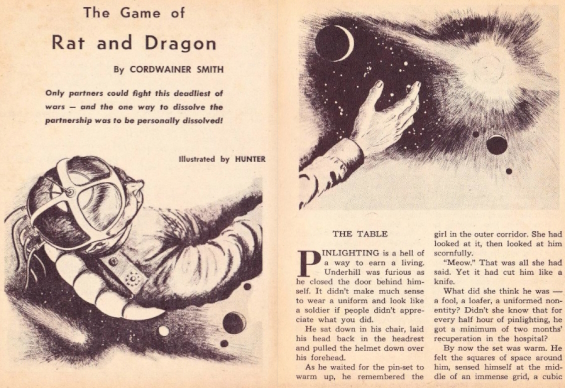
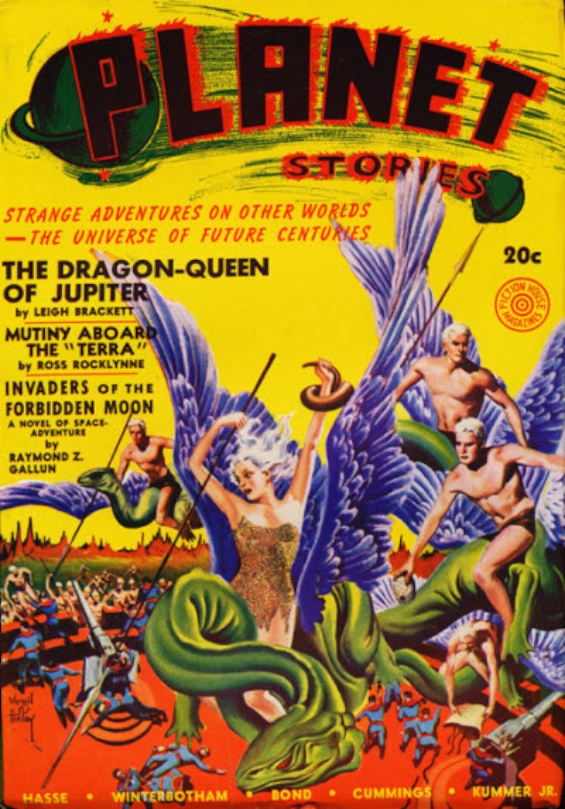
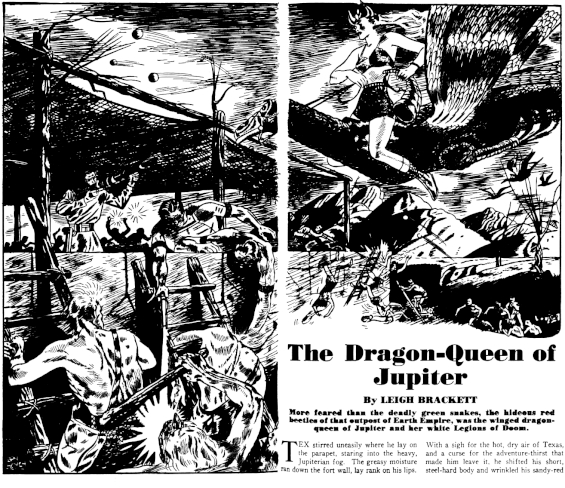
Posted by Jesse Willis
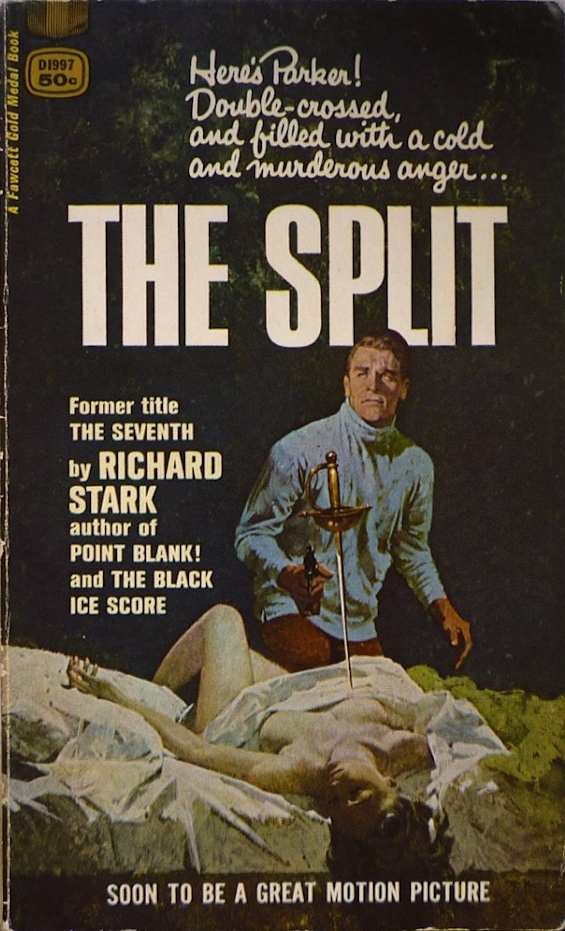
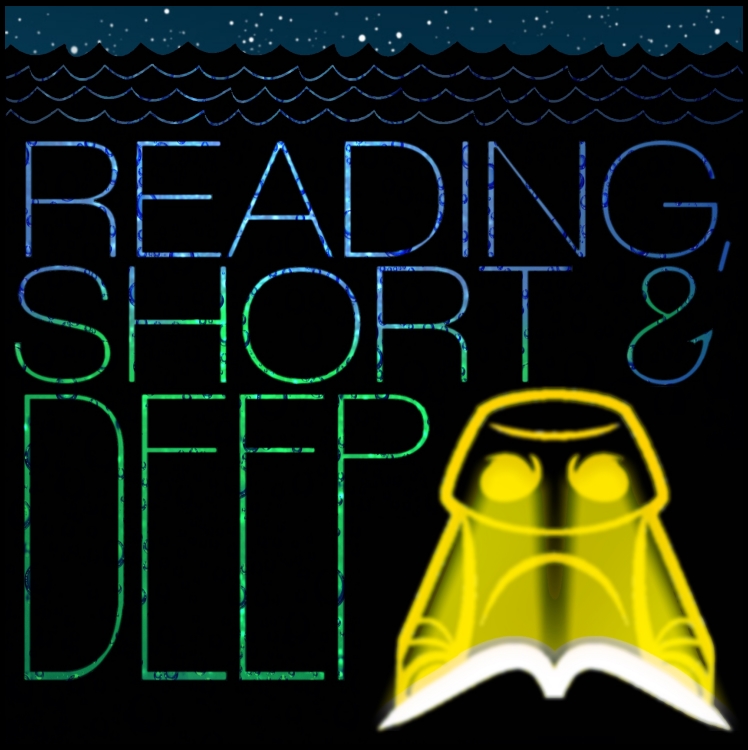

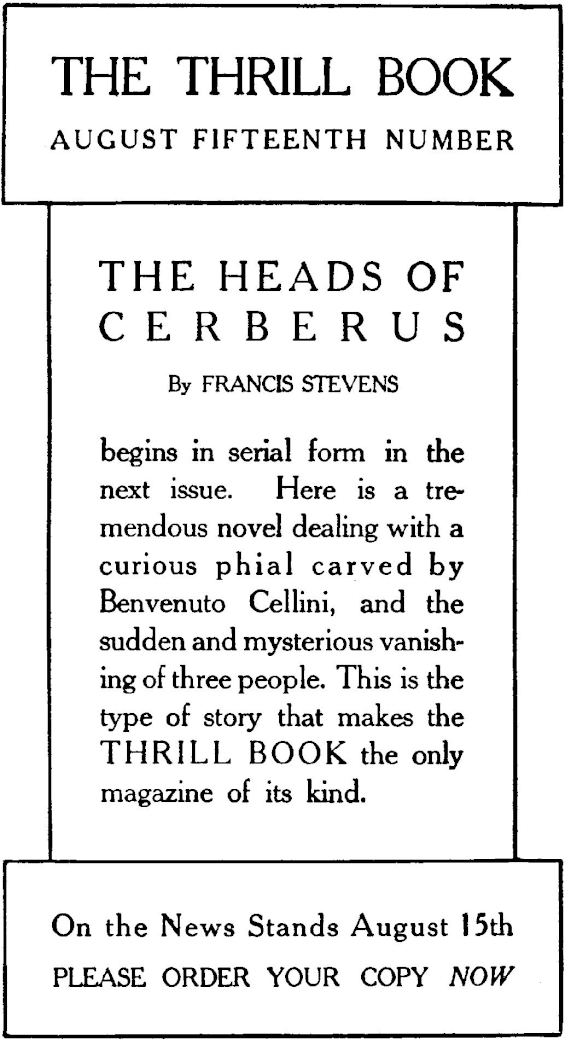
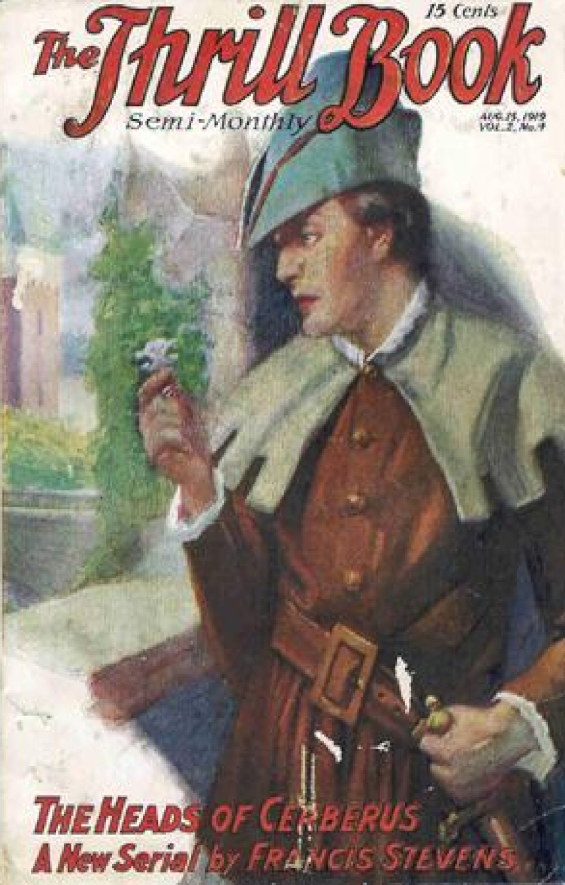
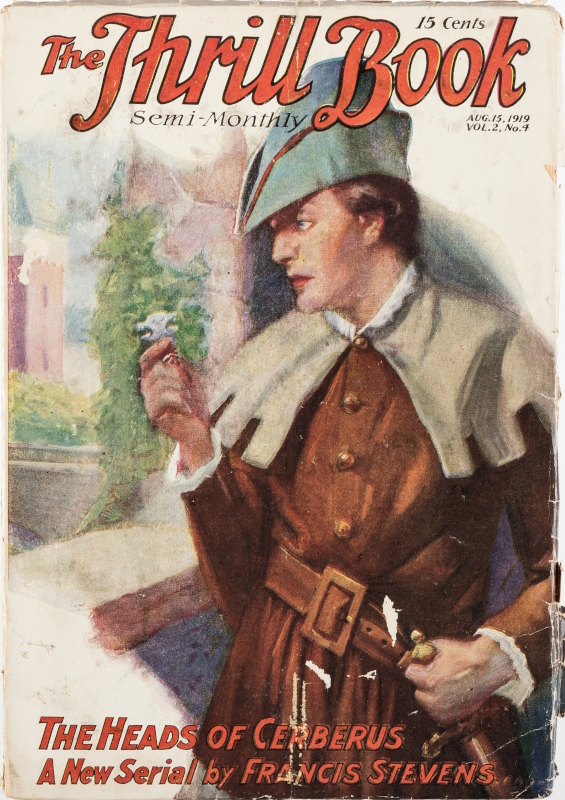

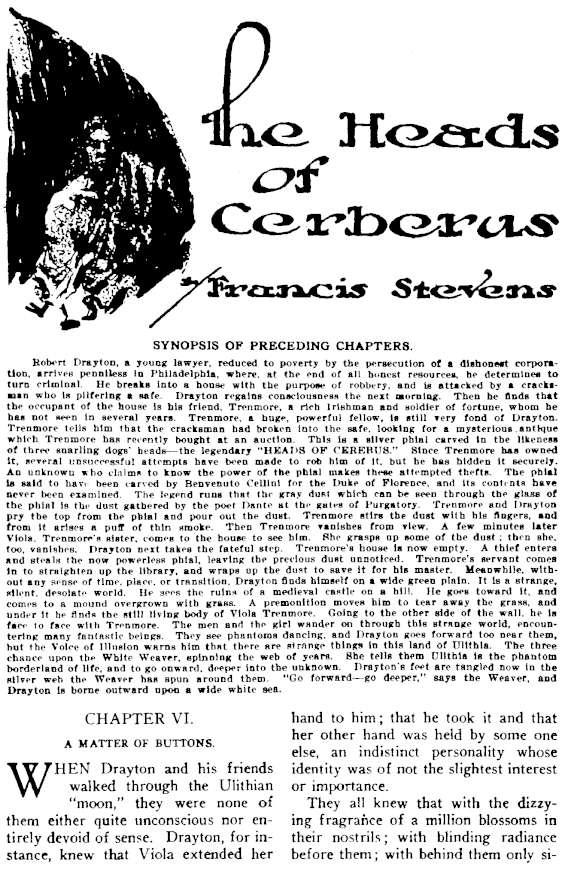
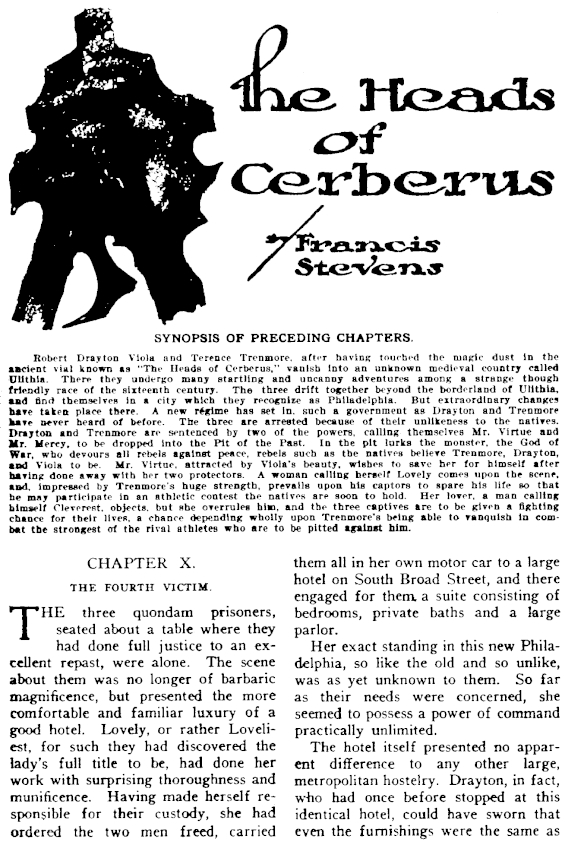
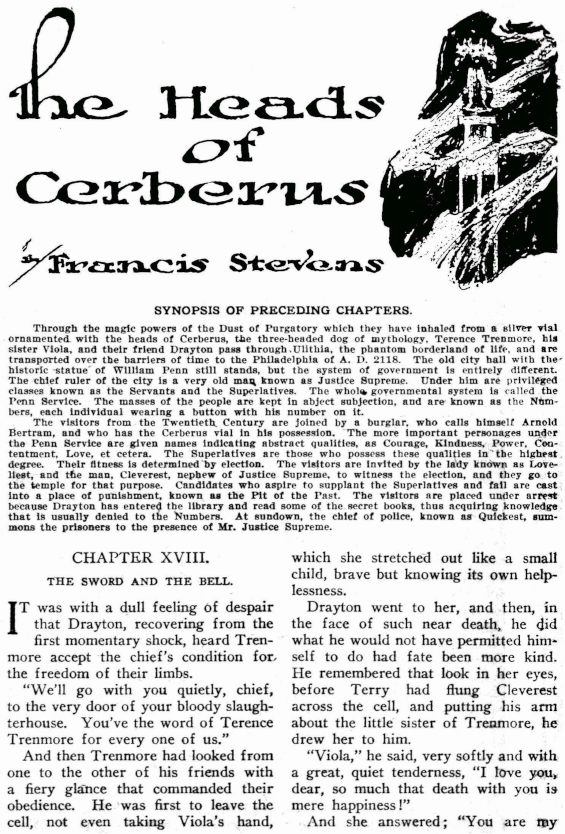
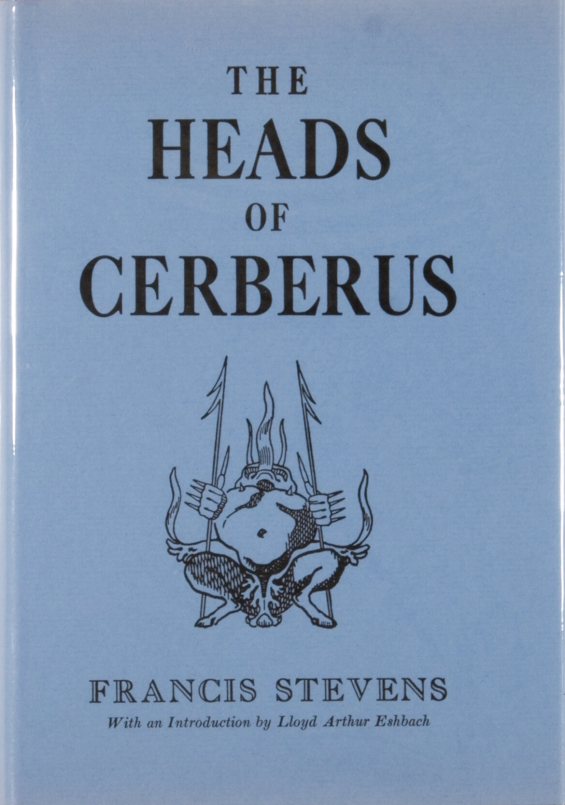

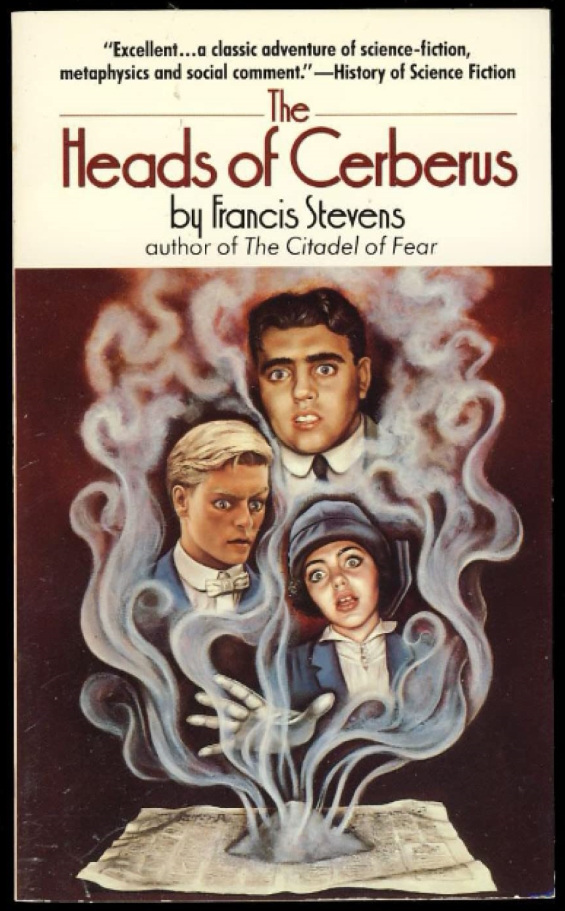


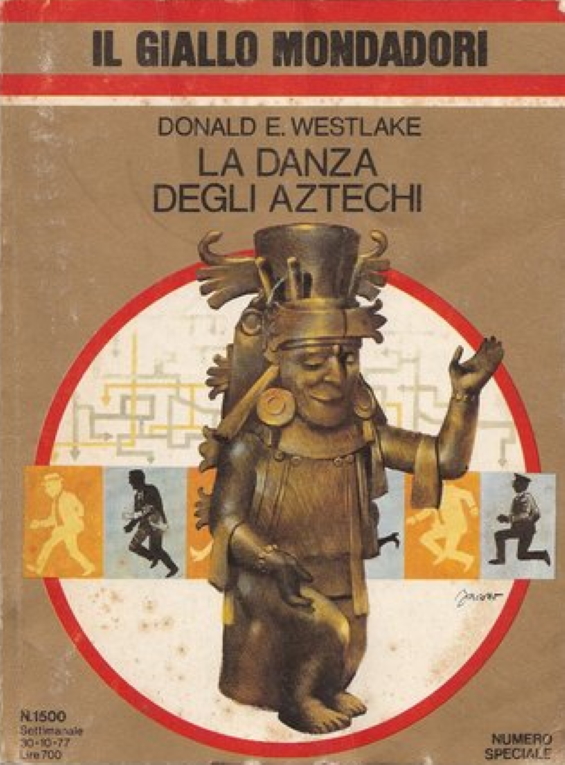
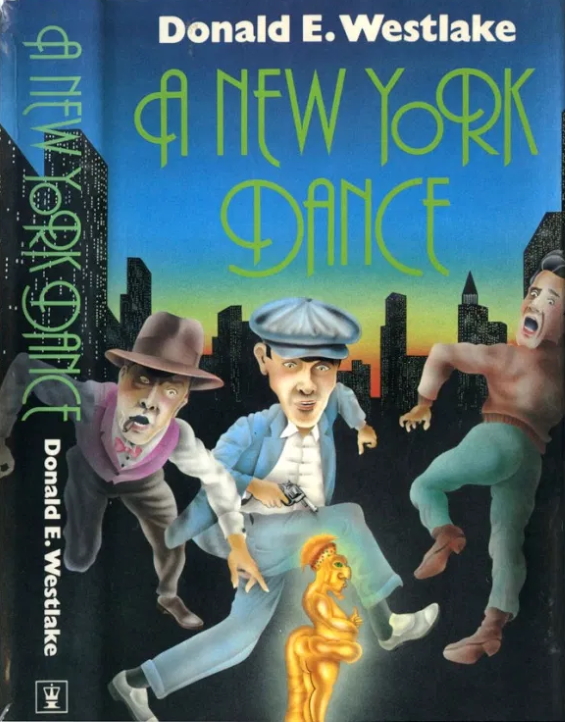
![A New York Dance [interior dustjacket] by Donald E. Westlake](https://www.sffaudio.com/images20/ANewYorkDanceByDonaldE.WestlakeINTERIORDUSTJACKET565.jpg)

 The SFFaudio Podcast #513 – Jesse,
The SFFaudio Podcast #513 – Jesse,